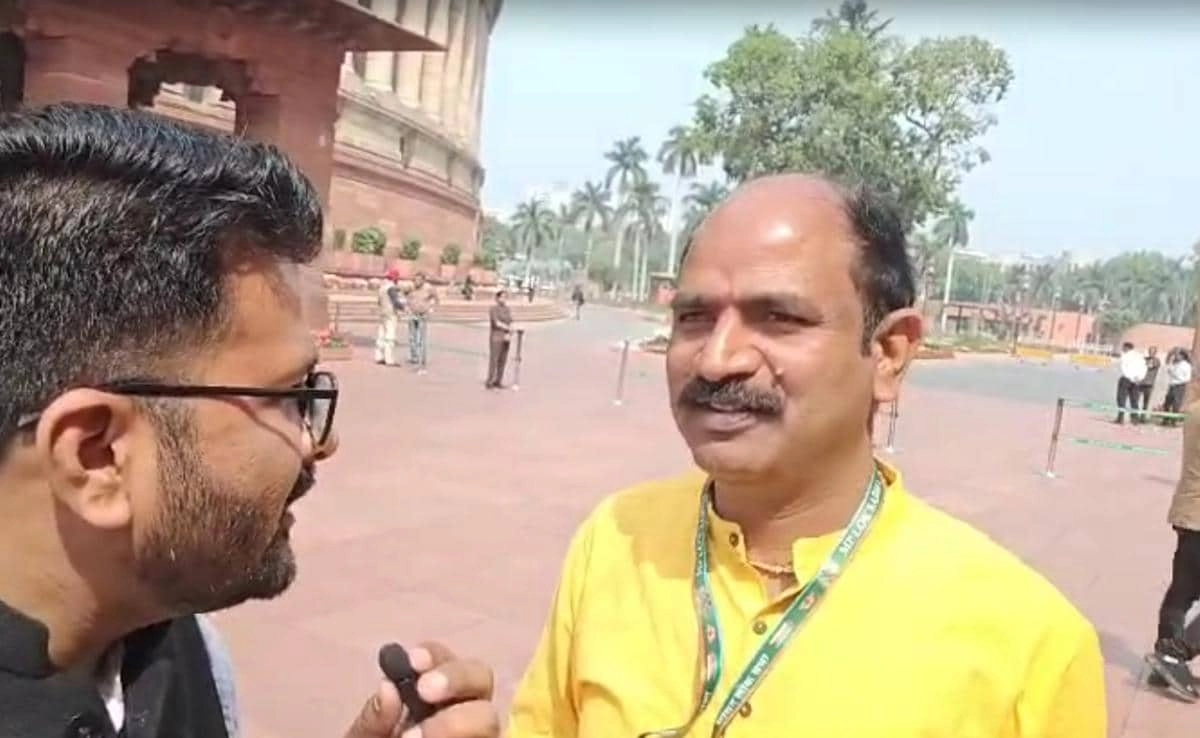The Pahalgam massacre, a tragic event that left an indelible mark on the lives of many families, particularly the wives of the victims, has become a poignant subject of discussion. In the aftermath of this devastating incident, the affected women shared their heart-wrenching experiences and perspectives on Operation Sindoor, a military initiative aimed at restoring peace and security in the region. The women, who lost their husbands in the massacre, expressed a mix of grief, anger, and hope, shedding light on the profound impact of violence on their lives and communities.
During interviews, the widows spoke about the immediate aftermath of the massacre, describing the chaos and despair that engulfed their lives. Many recounted the struggle to cope with the emotional and financial fallout, as their husbands were not just breadwinners but also pillars of their families. The emotional toll was compounded by the fear and uncertainty that pervaded their daily lives, as they navigated a landscape marred by violence and instability. Their stories highlighted the broader implications of the conflict, emphasizing how it extends beyond individual loss to affect entire communities.
Regarding Operation Sindoor, the wives expressed mixed feelings. Some viewed it as a necessary step towards restoring peace, while others remained skeptical about its effectiveness in addressing the root causes of violence. They articulated concerns about the military’s approach, fearing that it might further alienate the local population rather than foster a sense of security. The women emphasized the need for dialogue and understanding, advocating for solutions that prioritize reconciliation and healing over militarization. Their poignant testimonies served as a reminder of the human cost of conflict, urging policymakers to consider the voices of those most affected by violence.
In their calls for justice and accountability, the wives of Pahalgam massacre victims became powerful advocates for peace. They emphasized the importance of remembering those lost and honoring their legacies through efforts that promote healing and unity. Their resilience in the face of unimaginable grief is a testament to the strength of the human spirit, as they strive to rebuild their lives and communities amidst ongoing challenges. The narratives of these women underscore the need for a comprehensive approach to conflict resolution, one that acknowledges the profound impact of violence on families and seeks sustainable solutions for a peaceful future.
Ultimately, the stories of the wives of Pahalgam massacre victims illuminate the urgent need for empathy and understanding in addressing the complexities of conflict. Their experiences serve as a call to action for society to recognize the voices of women in peacebuilding efforts, ensuring that their perspectives are integral to the dialogue surrounding security and reconciliation. As they navigate their grief and advocate for a better future, these women remind us that the path to peace is not only political but deeply personal, requiring compassion and commitment from all stakeholders involved.




